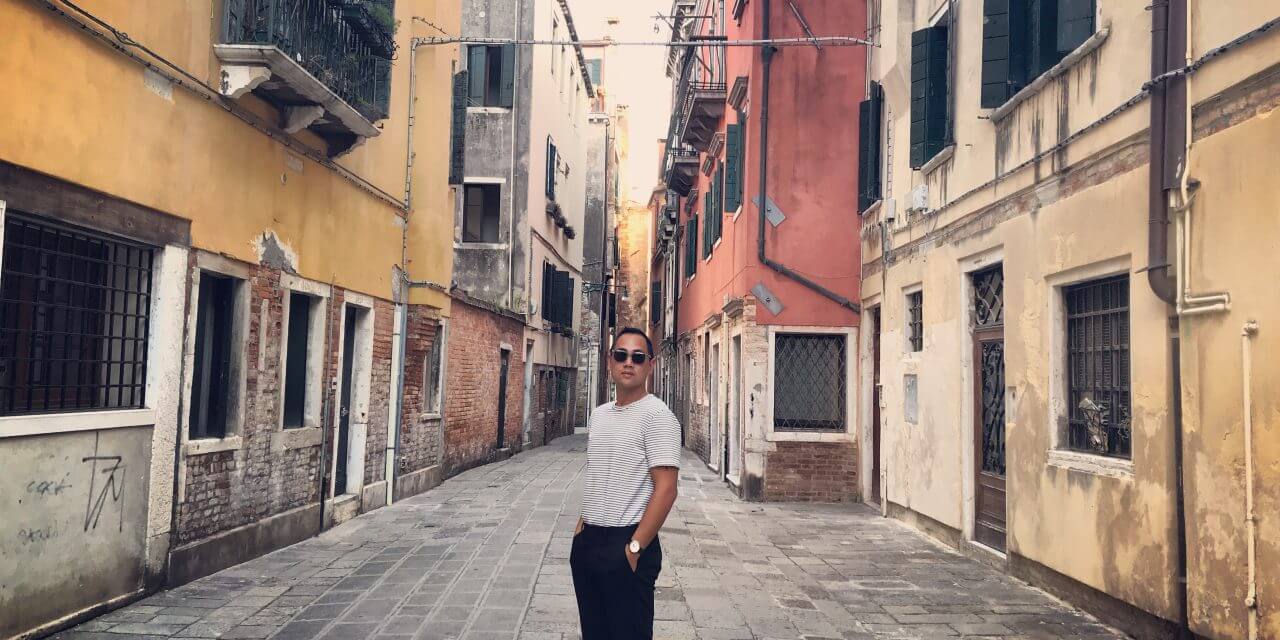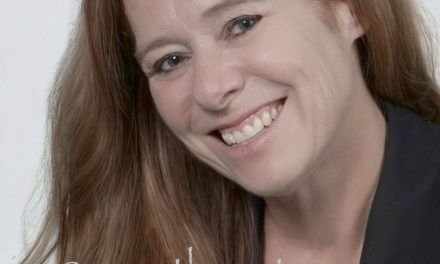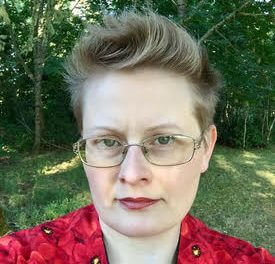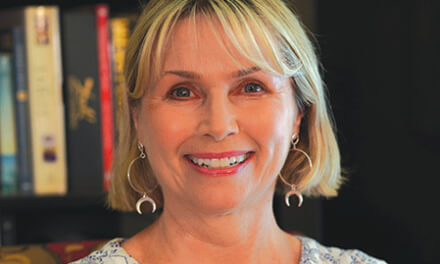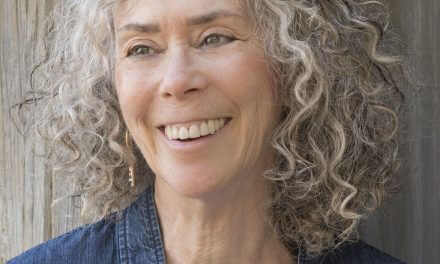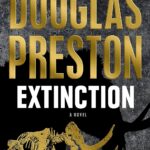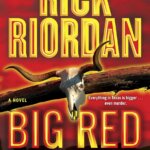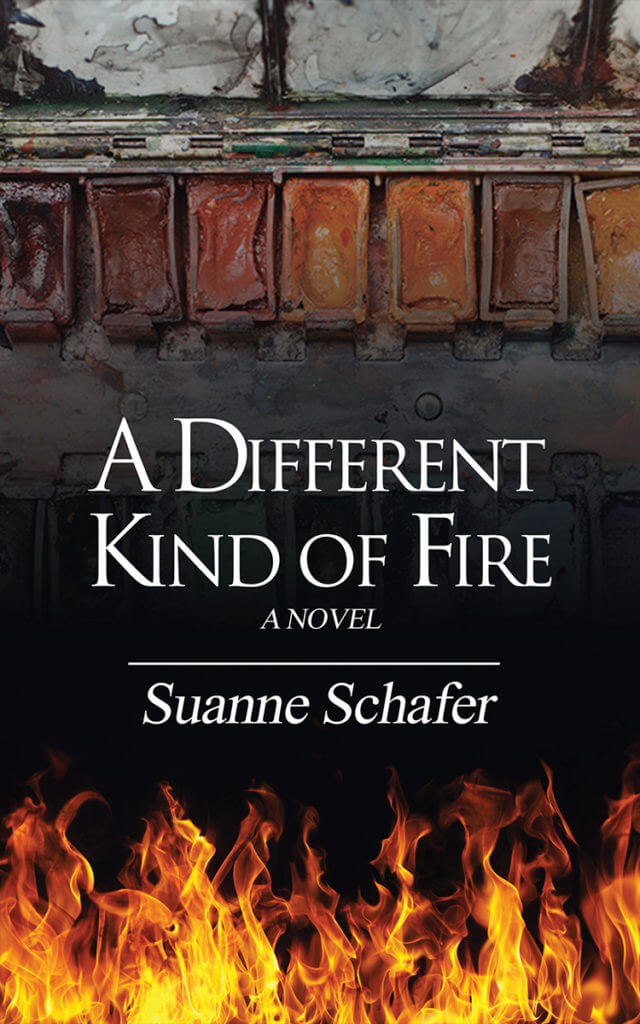Eddy Boudel Tan is the author of two novels, After Elias, to be released this week on September 12, 2020 and The Rebellious Tide, due out in the spring 2021. His work depicts a world much like our own—the heroes are flawed, truth is distorted, and there is as much hope as there is heartbreak. As a queer Asian Canadian, Eddy celebrates diverse voices through his writing. Besides having professional experience in communications strategy and brand design, he serves home-cooked meals to the homeless as cofounder of a community initiative called the Sidewalk Supper Project. He lives with his husband in Vancouver.
I am thrilled Eddy is joining me today to talk about his life as a writer. Eddy, what are some day jobs that you have held? If any of them impacted your writing, share an example.
EBT: Perhaps my most memorable work experience took place aboard a cruise ship over the course of a year. Living at sea had always been a dream of mine, so I jumped at the opportunity of working on a ship that sailed across the waters of the Caribbean, the Panama Canal, Central America, Mexico, and Alaska.
Life on a ship is a distorted reflection of life on land. The crew was made up of people from all over the world, creating a wonderful microcosm of global cultures. We all shared things in common — a thirst for adventure, a love of travel, and an aversion to feeling rooted at “home.” This created a sense of belonging that’s difficult to describe. We became each other’s family, heightened by close quarters and the thrill of reinventing our own identities. At the same time, the structure of this family was extremely rigid, with class divisions distinct and enforced.
The Rebellious Tide, my second novel, draws inspiration from my experiences at sea. Set on board a luxury liner sailing the Mediterranean, it examines themes of identity, belonging, power, and oppression. It is dedicated to the friends I made on that ship so many years ago.
SS: How does your home and its environment influence your writing? To what extent?
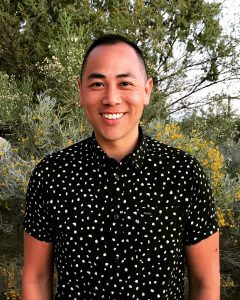
Eddy Boudel Tan, photo by Amalie Tan
EBT: I live in Vancouver, a gorgeous Canadian city nestled between mountains and sea. It’s both rugged and sophisticated, a place where people hike through the wilderness during the day and settle into dimly lit cocktail bars at night. There’s a certain atmosphere here that I haven’t found anywhere else, a sort of edge-of-the-world insulation heightened by the rain, bridges, and foghorns in the bay. It lends itself really well to the page, and my stories tend to reflect this atmosphere.
I’m a passionate traveler, and I love to read stories that take place in faraway places. The setting is perhaps the most critical part of any story. The books I most admire treat the setting as a character, with its own personality, dreams, desires, and fears. This is something I try to accomplish in my books.
My first novel, After Elias, takes place in both Vancouver and the fictional island of Isla de Espejos in the Gulf of Mexico. I chose this location because of the Mexican people’s reverence of death. Many of their customs and beliefs appear throughout the story, and this cultural context has a significant influence over the hero’s journey.
Isla de Espejos is a figment of my imagination inspired by my favourite places in Mexico, especially San Miguel de Allende. It’s a strange and mysterious island where the locals drink tea like the English, skeletal saints are visited in candlelit caves, and reality looks a little smokier.
Having spent several months working in and travelling throughout Mexico over the years, from the bustling streets of the capital to ancient ruins hidden in the jungle, the country holds a special place in my heart. I hope to depict the charm, complexity, and cultural richness of Mexico in a way that is authentic and revealing.
Woven into this present-day setting are scenes from the past eight years, which are mainly set in the hero’s home of Vancouver. The dichotomy between Vancouver and Mexico in terms of weather, culture, and prosperity emphasizes the contrasts between the two main characters.
SS: Do you generally write in one genre? If so, what is it? And what can readers expect from one of your books?
EBT: I find it difficult to categorize my books under one genre, but I usually describe it as contemporary fiction with mysterious undertones. Though every story I’ve written is distinct in terms of theme, tone, and setting, there are certainly consistent elements. I like to put imperfect characters in extraordinary situations, and reveal what they learn about themselves when forced to confront their greatest fears. Readers can expect tense relationships, buried secrets, imperfect heroes, and lots of drama.
SS: What are you working on at the moment?
EBT: I’m in the early stages of writing my third novel. I don’t want to say too much at this point, but it’ll be about sibling rivalry, privilege, and how our identities are shaped by the expectations of others. It will be set on the grittier streets of Vancouver, and I am really excited about it!
SS: Which non-literary piece of culture could you not imagine your life without?
EBT: Does food count? I’m going to assume that it does, in which case my answer would be bread. I couldn’t live without bread.
I also love the theatre. Opera, symphony, musicals, plays, ballet—if it happens on a stage, I will dig it.
SS: What is a fun or strange source of inspiration that ended up in your book (a name, location, line of dialogue, etc.)?
EBT: Most of After Elias takes place in a luxurious hotel, but there’s one chapter set in a kitschy roadside motel that hasn’t changed since the 1960s. This motel, called Casa Paraíso, was inspired by a similar-looking spot in East Vancouver called the Waldorf. Big neon sign. Vintage décor. It’s a “beacon of fluorescent nostalgia,” as I describe it in the book. Fittingly, my book launch celebration is being hosted at the tiki bar in the Waldorf Hotel.
SS: What part do your own fears play in your fiction?
EBT: My favourite thing to probe is the notion of fear—not the feeling caused by ghosts or serial killers, but the things that truly haunt us, like loneliness, or shame, or being exposed as an imposter. After Elias is about many things, but ultimately it’s a story about the fear of losing everything. My second novel, The Rebellious Tide, examines the fear of losing control of oneself. Both of these are deeply personal and very real to me.
SS: How do you create and construct distinctly individual supporting characters?
EBT: My characters tend to grow into themselves organically, and I just let them. I’m a planner, so I always give them distinct personalities, motives, fears, quirks, and weaknesses before I even type a word, but they don’t start feeling like real people until the story unfolds. Sometimes their true personalities or motivations reveal themselves to me halfway through the first draft, in which case I go back and rewrite them in previous scenes. Often, a D-list character convinces me that they actually belong on the A-list. It’s exciting when they take on lives of their own, so I tend to let them take the reins when this happens.
SS: A good ending should fix the shape and meaning of the whole novel. How did you make sure yours did exactly that?
EBT: My intention with After Elias was to paint the story like a picture. The reader thinks they know what’s being painted, but every brushstroke reveals something new and unexpected. In the end, when the final picture is complete, the reader can see how each fragment fits together to become the image in front of their eyes. For me, the most satisfying endings are the ones that give the reader something they didn’t know they wanted and provide answers to questions they didn’t even think to ask, while adding depth and meaning to the preceding events.
SS: Which scene did you find the most challenging to write and why?
EBT: In After Elias, Coen learns that his fiancé, a pilot named Elias, has crashed a plane into the sea one week before their wedding day. In his grief, Coen refuses to leave the Mexican island where the wedding was supposed to take place, and he insists on moving forward with the event—not as a wedding, but as a celebration of Elias’s life. Everyone tells him it’s a terrible idea, but he doesn’t listen.
The climax of the first act is the celebration, and it was very difficult to write. Some of the most challenging scenes for me are those that take place in party-type environments, where multiple characters are interacting with each other. It’s not easy to make these interactions feel natural without causing confusion or reading like a screenplay. This scene in particular was a challenge because not only are all the characters present, vying for the reader’s attention, but it had to feel tense. I wanted the reader to feel the tension, the awkwardness, the pain that was simmering beneath the surface.
SS: Are you looking to entertain or illuminate?
EBT: Both. My goal is for readers to find new ways of seeing the familiar. I want them to feel things that are explosive and unexpected—and love every second of it.
But there is no message in my books. I don’t write to teach anyone a lesson. My characters always have differing perspectives, and the line between right and wrong, good and bad, is often blurred, just as it is in real life. I want readers to find their own meaning in my stories. It should be different for everyone.
SS: Who is the protagonist in your most recent work? Describe him/her in ten words or less.
EBT: Coen has the perfect life, but he’s good at pretending.
SS: Was the decision of how to structure the novel obvious?
EBT: From the very beginning, I envisioned the story unraveling forward and backward from one pivotal event—the plane crash that claims Elias. There’s a lot of contempt in the literary world towards flashbacks, so I did question my decision to rely so heavily on them, but in the end I couldn’t imagine this story unfolding any other way.
SS: What advice would you give aspiring writers?
EBT: Read. Devour books from every genre, from authors of different backgrounds and styles and ways of life, and think critically about their work. What moves you? What keeps you wanting more?
And then don’t just talk about writing. Actually put yourself somewhere comfortable and write. It doesn’t matter if you don’t have an idea for a novel or a fully formed plot. You can’t be a writer unless you write, and you won’t be a good writer unless you do it a lot. The output will often be unreadable, but every word will make you better. If there’s one regret I have in life, it’s that I spent my twenties talking about being a writer rather than actually writing.
********************

Amazon US | Amazon CA | B&N | Indiebound | Chapters Indigo | Book Depository
********************
An excerpt from After Elias:
First chapter:
I used to call the shadow my old friend. It seemed less frightening that way. I would say it with a wry smile, but nobody else would find it funny.
It has been such a long time since the shadow last came around. “I think I’ve been defriended,” I once said to Elias. He just looked at me, unamused.
I suppose I’ve been too busy with the wedding arrangements to think much about the shadow. It doesn’t like to be forgotten, though. It always lingers nearby. As I arrived at the hotel yesterday, I should have predicted that the shadow would make an appearance. After all, it is an old friend.
The Terrace Bar is different today. I feel it as soon as I step inside. Something foreign in the air greets me like a scent I can’t quite place. It’s darker here than in the rest of the hotel. It struck me as odd when I first saw it yesterday, this gloomy cavern hidden within a palace of light.
My eyes adjust and all I see are flowers. They’re an unnatural shade of yellow, worn by a woman softened with age, her skin like an overripe plum. She’s seated alone at a table and stares straight ahead, motionless. The sadness on her face is even more unnerving against the yellow flowers of the dress hanging limply on her.
A few other guests sit at tables scattered throughout the room. Like the woman in the floral dress, their stares are fixed on something in front of them.
The bartender stands behind the long countertop to my left, framed by a wall of glass bottles. He greeted me with such warmth yesterday. Every smile he gave felt earned, inviting my confidence whenever he leaned forward or held eye contact longer than what I’d usually find comfortable. Now his arms are crossed over his chest, his eyes narrowed. A dish towel lies forgotten over one shoulder. He’s staring in the same direction as everyone else in the dim room, his head tilted upward as though listening to god.
Following their gaze, I see it’s something ordinary: a television set mounted on the wall behind the bar’s counter. I can’t quite tell what they’re watching, but it looks like the ocean. The waves are more grey than blue, churning across the screen with lashes of foam.
Why is everyone so interested in this?
Several jagged objects come into view. They rock along with the rhythm of the waves, the red paint bold against the coldness of the sea. Their shapes lack symmetry.
Are they little boats?
A woman appears on the screen. She’s dressed inoffensively in neutral tones and crisp lines. Her delicate hands are placed on the surface of a lacquered desk. I hear her voice but don’t hear the words.
My body begins to shiver like a taut wire as my phone vibrates in my pocket. I don’t reach for it, like I normally would. It goes off again. And again. I just let it continue its inaudible cry, a silent alarm bell. But I don’t need to read the messages or answer the calls. I know what has happened, why everyone at home suddenly feels the need to get hold of me. I know what everyone in the room is seeing on the television, what those floating objects are. I know, because I’ve always known this would happen one day. Today is that day.
The shadow comes to me.
I recognize it immediately, even though it has been so long.
It cloaks itself around my body. I feel its touch, a sickening static. A familiar numbness washes over me.
It seeps into my skin. The pricking begins softly before it gets sharper, quicker. A thousand stabbing needles.
It whispers in my ears. A deadening hum surrounds me.
Hello, old friend.
Invisible hands wrap around my throat.
I can’t breathe.
I can’t move.
********************
You can follow Eddy on social media here:
Website | Twitter | Instagram | Goodreads | Facebook
This post contains Amazon Affiliate links.
